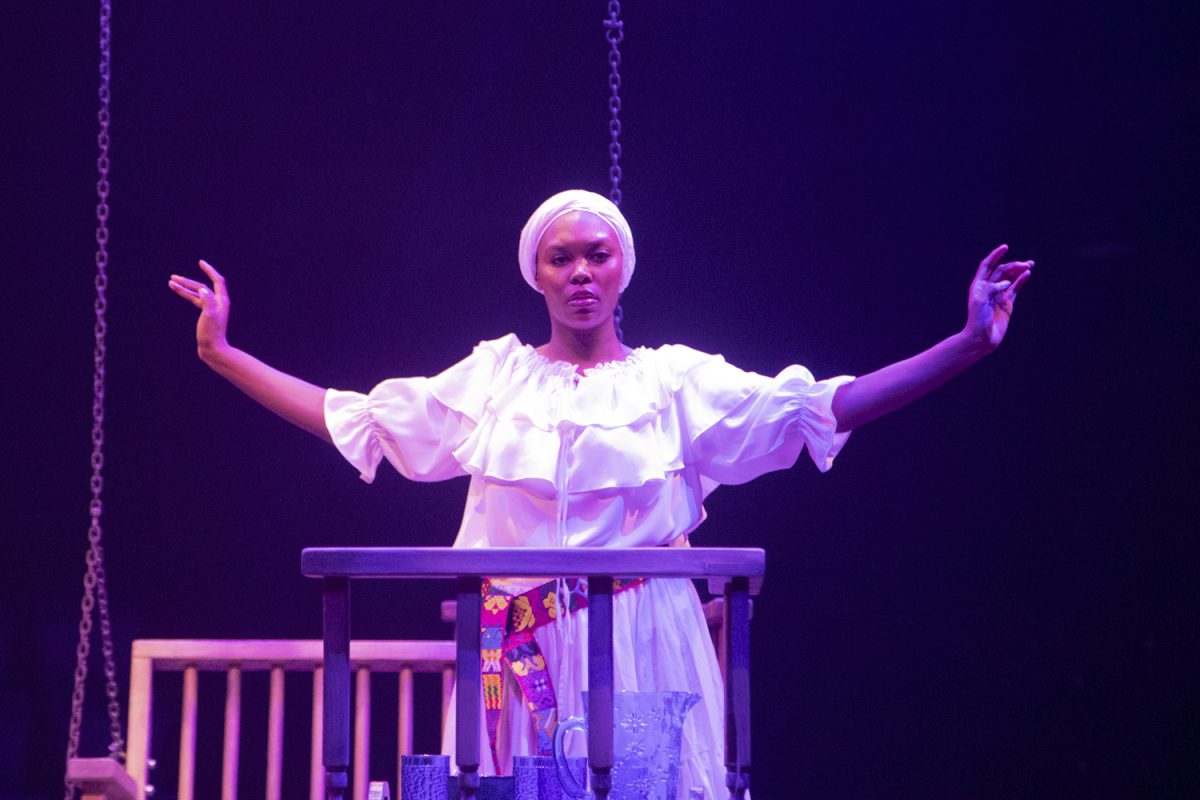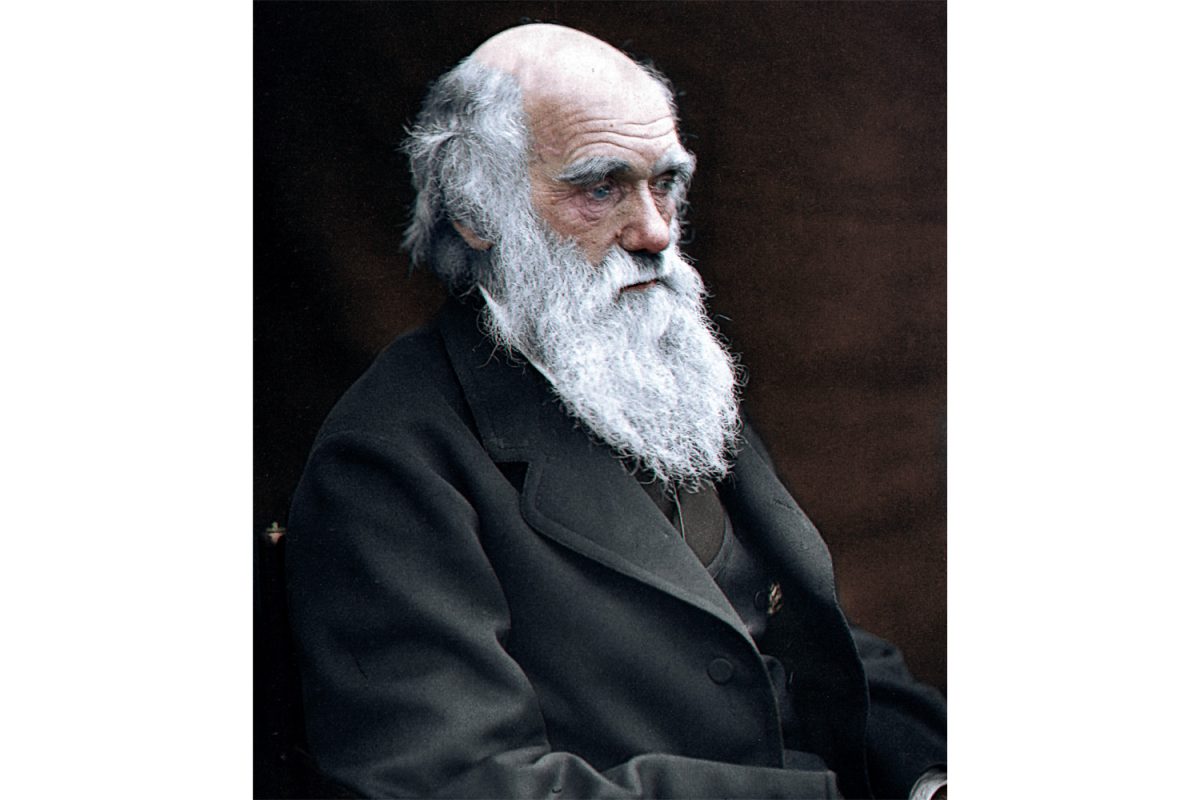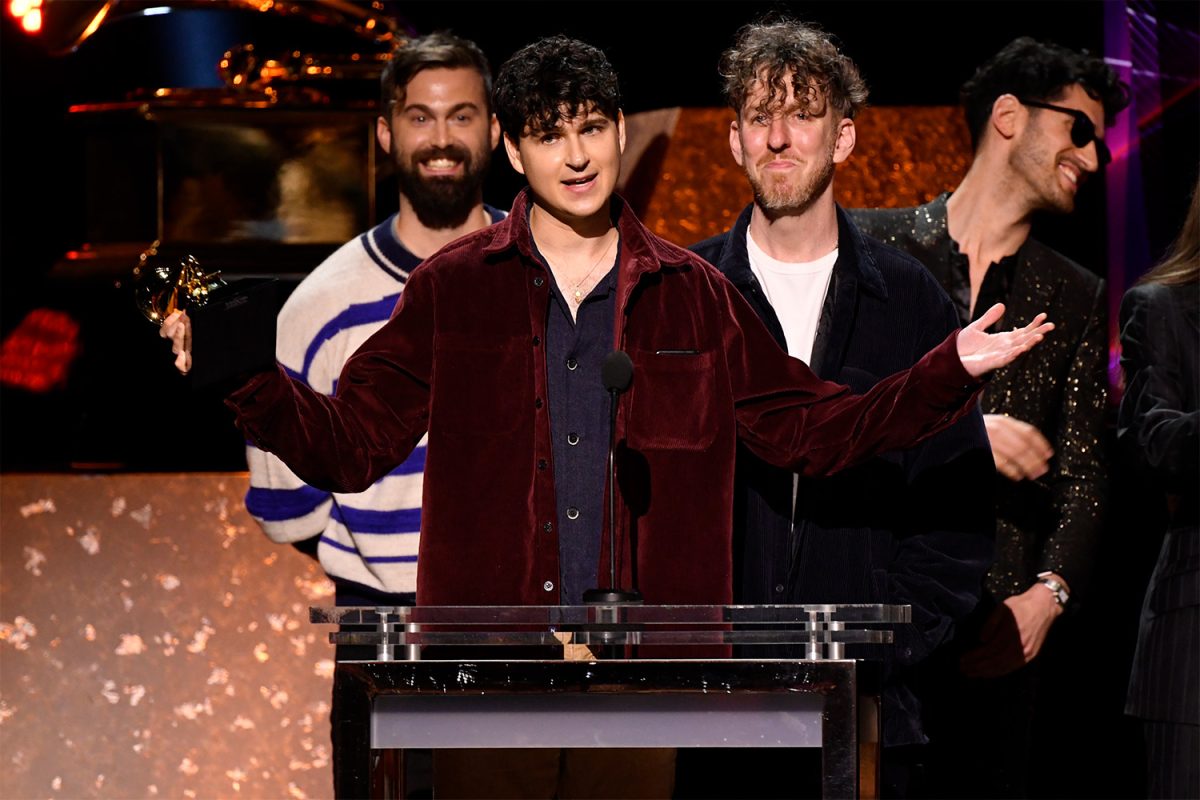We all know Nicholas Sparks: that guy who inspires men’s girlfriends everywhere to cry while they read his books or watch his movies, asking themselves when they are going to find a guy like that — as in not the hunk of meat they are currently dating. Sparks’ new book, The Last Song, released earlier this month, is no different.
The book centers on Ronnie, an “affected” high-school graduate who is uprooted from her late-night, bad-girl scene in New York City to spend a summer with her estranged father, Steve, in a small beach town in North Carolina. The relationship between the two is strained. Steve, who formerly taught at Julliard, in New York, is a washed-up piano player who left his family for a life touring the United States. Ronnie obviously doesn’t understand her father’s choice and demonstrates that quite well.
The two fight continually as Ronnie searches for the reasons her father left and Steve tries to rekindle some sort of bond with his daughter. The scene is set: a naïve girl lost in her troubled past, with no one to understand her. Cue Mr. Perfect.
And, no surprise, he enters — in the form of tousled hair, Southern charmer Will. Once they meet, Will is immediately drawn to Ronnie, not being able to stop thinking about her or even focus on anything else. Ronnie is at first intimidated by his status in the local social scene but eventually finds that she herself is attracted to his playful wit and banter. They get along despite their childish bickering, reminiscent of Sparks’ lovers in The Notebook, and eventually fall in love.
I would love to hate this book. I would absolutely love to loathe the very existence of this novel, disowning bookstores that put it in the midst of profound literature. Its idea of love is immature at best, the plot is recycled, the characters are too similar to Sparks’ previous creations, the dialogue is flaky, having no basis in reality, and the ending is expected. I want to hate this book with a passion.
But I can’t.
Yes, I understand that this is simply another Sparks novel. And yes, I understand The Last Song was written to allow middle-age women to reclaim their fantasies of childish summer love.
But this terrible work of literature forced me to believe in an idea, an emotion that is greater than my sophisticated, yet snobbish taste in books.
When I finished the book, I realized it made me feel something that an underdeveloped book shouldn’t have. I felt a minute, yet distinguishable shred of hope — hope that the free and pure love Sparks breathes into his characters, no matter how immature or futile, could actually exist. And I have to respect Sparks for that.
I can’t be sure if this is what he intended when he wrote this novel. I can’t be sure this wasn’t just another book Sparks cranked out in an effort to silence an unrelenting publisher. I can be sure, though, that his shallow novel can bring fleeting thoughts, albeit dreams of inspired love, into the hearts of even the most skeptical among us.






